Colchester and Ipswich hospitals 'put mothers and babies at risk'
- Published
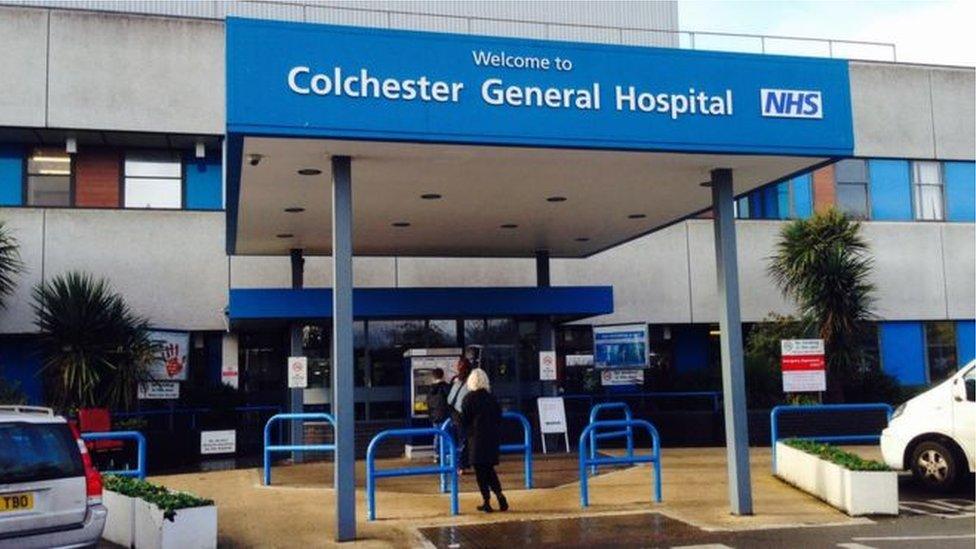
CQC inspectors turned up unannounced at Colchester General Hospital after a string of whistle-blowers raised fears over a lack of midwives and nursing staff
Two hospitals must improve maternity services after a health watchdog said they did not always have enough staff to "keep women and babies safe".
The Care Quality Commission, external (CQC) inspected Colchester General and Ipswich Hospital, run by East Suffolk and North Essex NHS Foundation Trust, external.
Whistle-blowers alerted the watchdog, which said staff had felt "let down" and leaders had been "slow to act".
The trust said it has already started work on making improvements.
Women and babies were potentially put at risk due to not enough midwives and healthcare assistants being on duty at both hospitals, inspectors found.
They made unannounced inspections in March and April after six whistle-blowers reported fears over Colchester General's staffing.
The CQC also received complaints from patients.

Ipswich Hospital is also run by the East Suffolk and North Essex NHS Foundation Trust
It found Colchester General maternity unit's nursing was short-staffed for months, with a 33% unexpected absence/sickness rate for midwives.
"This confirmed the whistle-blower information... around prolonged staff shortages, staff being mentally and physically strained, with poor support from senior management," the report said.
Both hospitals' maternity services now "require improvement" after previously being rated as good.
At Colchester General, the CQC also found:
Staff did not always know how many women might arrive to have their labour medically induced as they relied on a handwritten book containing amendments which was regularly removed
Key patient information was not always shared due to the organisation of shift changes and handovers
The maternity triage system was too busy
At Ipswich Hospital:
Patient records were not always comprehensive and staff used handwritten notes, with computer systems said to be inefficient
Meetings were held between healthcare assistants, midwives, doctors and consultants, but were "unstructured and inconsistently attended"
As at Colchester, nursing staff felt disconnected from leadership teams
Philippa Styles, from the CQC, said: "The number of midwives and healthcare assistants were below levels required to keep women and babies safe.
"Staff at both units told us they felt let down by a lack of oversight from the trust's board and senior leadership team, who were slow to act when issues were raised.
"Some staff told us morale was low and they did not always feel respected, supported or valued by senior leaders. This affected the care they delivered."
The CQC did highlight areas of good practice, but made several recommendations including ensuring safe staffing levels, robust reviews of incidents and sufficient oversight of risks by leaders.
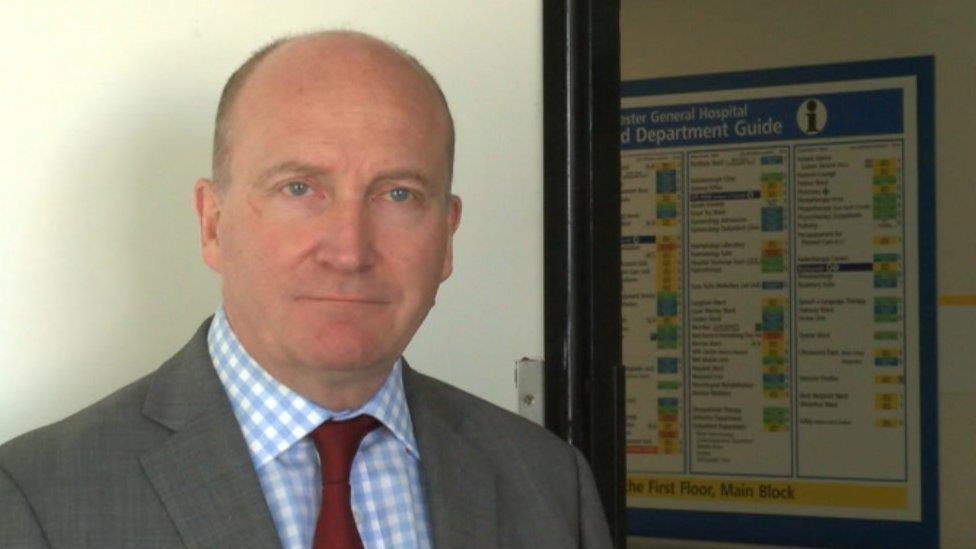
Trust chief executive Nick Hulme said 30 midwives would be joining the service over the coming months
Trust chief executive Nick Hulme said: "We accept the CQC's findings and have already taken action to improve our staffing levels, leadership and processes to ensure patient safety.
"We are investing in recruitment for our maternity services, and are pleased that a new expert senior midwife will be joining us shortly to lead our service, with an additional 30 midwives due to join us over the next few months."

Find BBC News: East of England on Facebook, external, Instagram, external and Twitter, external. If you have a story suggestion email eastofenglandnews@bbc.co.uk
- Published17 March 2021
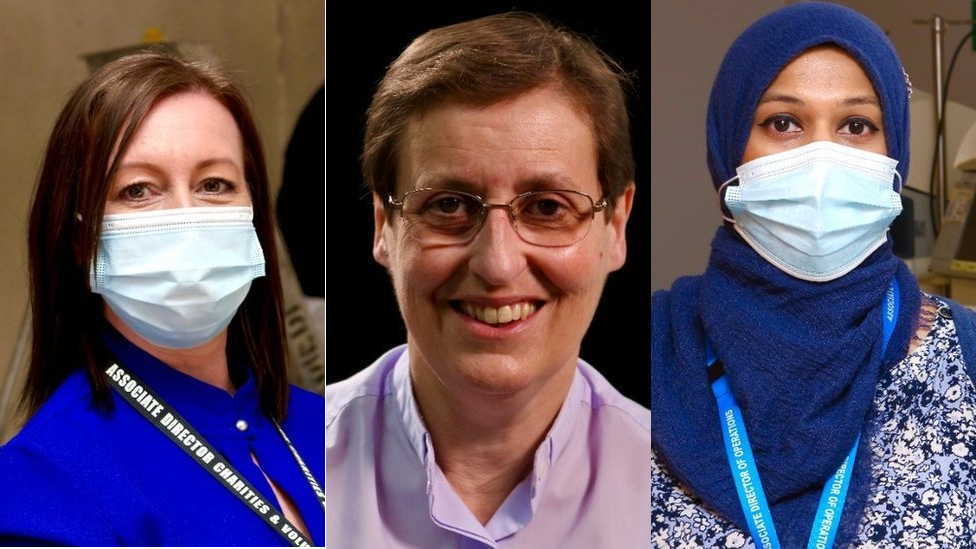
- Published4 January 2021
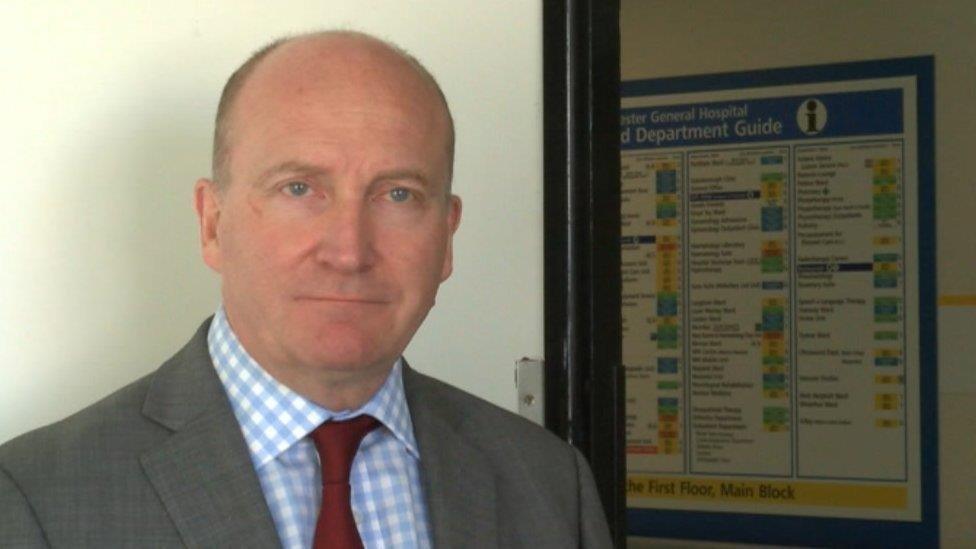
- Published3 October 2020
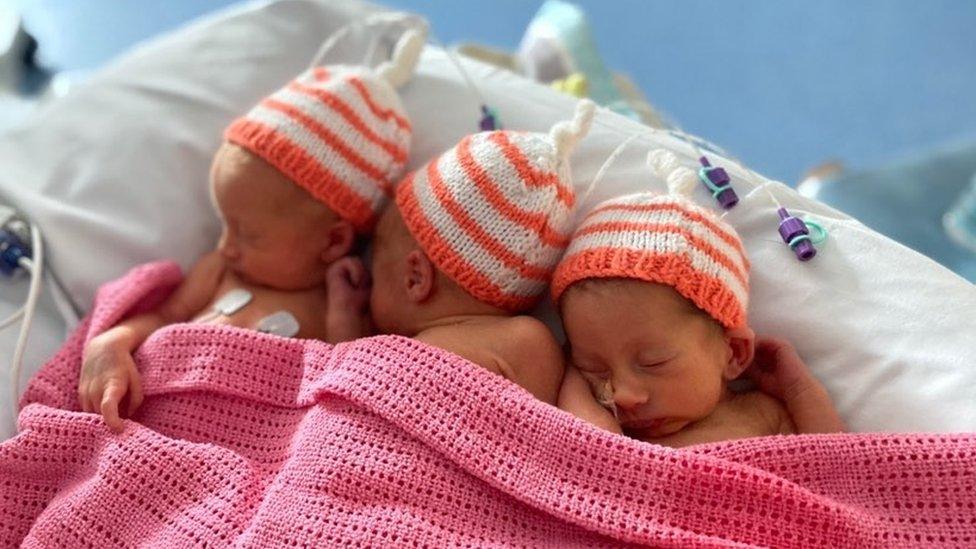
- Published4 May 2020
